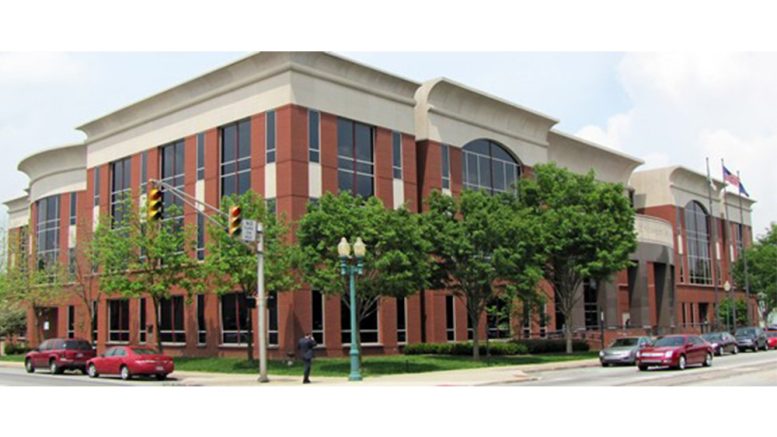Pre-trial disclosures help prevent dozens of trials
If you ask Hamilton County Superior Court 2 Judge Jon Brown about the benefits of commercial court, you’ll get an earful. As a former bankruptcy/commercial litigation attorney, Judge Brown understands how drawn out and cumbersome complex litigation can be.

Brown
“Commercial courts help improve court efficiency and allow business and commercial disputes to be resolved quicker with more predictability,” Judge Brown said. “Plus, the e-filing, e-discovery, and video conferencing technologies help us come to resolutions faster. It’s really like playing open-hand euchre.”
Attorney Sean Clapp with Fishers-based Clapp Ferrucci Attorneys at Law was part of the original committee that helped the Indiana Supreme Court create commercial courts.
“The courts were too busy with non-business-related cases to leave sufficient time to properly review and analyze complex business cases,” Clapp said. “These cases are much more document intensive, so commercial court requires mandatory disclosures at the beginning of the case. It’s similar to the federal court system.”
Once a commercial case has been filed, parties must confer to discuss case management and create a plan to expedite the exchange of evidence between the parties. The case management conference with the Court must occur within 45 days.
“This process really helps cut to the chase and forces efficiency right out of the gate,” Judge Brown said. “I’ve presided over 25 commercial cases so far and have yet to have one proceed to trial because both sides were able to resolve the conflict before it made it that far.”

Clapp
“Given the choice, I use commercial courts any time I can,” Clapp added. “Businesses don’t want their litigation languishing in the system. It’s timely and expensive. Plus, commercial court is administered by judges trained in business law which helps set consistent precedent that can be used to advise business clients and maybe prevent future litigation.”
Hamilton County is one of 10 Indiana counties with a commercial court. Businesses can file their complaints in any of the commercial courts, but both sides must agree to participate. Common cases include shareholder disputes, breach of contract, trade secrets, non-compete agreements, indemnification issues, unfair competition, securities, insurance disputes, environmental claims, and antitrust cases.

